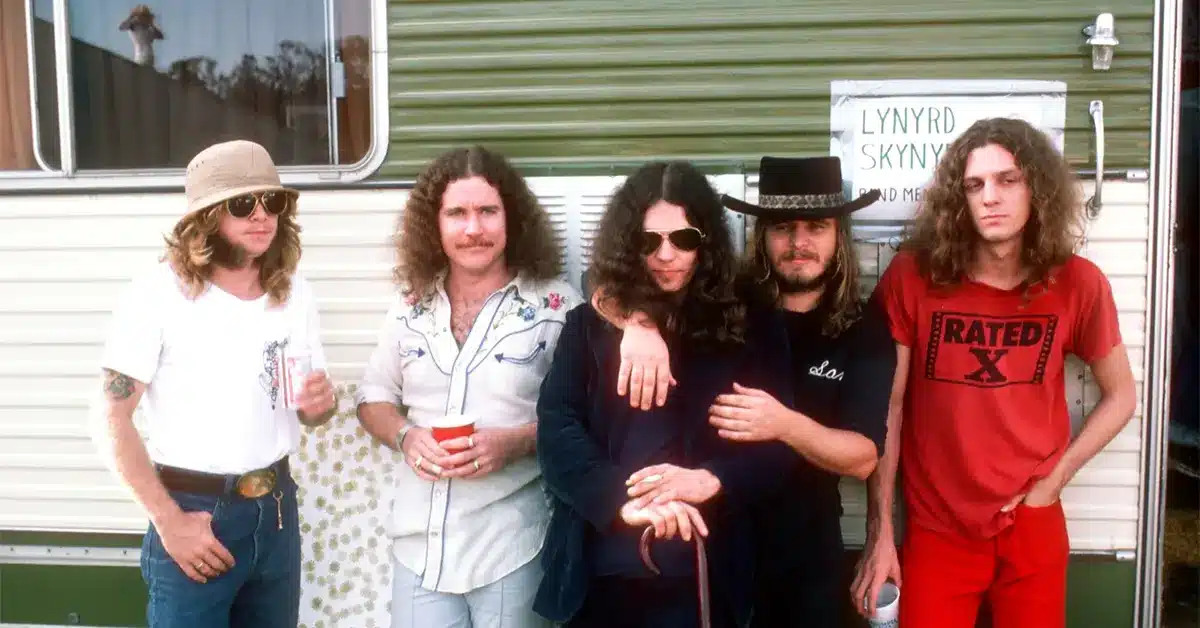Southern Rock: A Deep Dive into the Heart of a Cultural Sound
Introduction
Southern rock is more than just a subgenre of rock music; it’s a cultural movement that emerged from the American South in the late 1960s and 1970s. Blending rock and roll with country, blues, gospel, and even soul, Southern rock became a powerful voice for regional pride, rebellion, and a unique musical identity. Rooted in the traditions of the South yet fiercely forward-looking, the genre has given rise to some of the most iconic bands in American music history. From the Allman Brothers Band to Lynyrd Skynyrd, Southern rock’s gritty guitar solos, heartfelt lyrics, and rowdy stage presence have become emblematic of a sound that refuses to die.
Origins of Southern Rock
The origins of Southern rock can be traced back to the post-British Invasion rock scene of the 1960s. While American bands were seeking ways to define themselves against the wave of UK acts like The Beatles and The Rolling Stones, musicians in the South turned inward to their regional roots. The cultural landscape of the South—with its deep connection to blues, country, and gospel—provided fertile ground for a new kind of rock music.
One of the genre’s earliest pioneers was The Allman Brothers Band, formed in Jacksonville, Florida, in 1969. Their 1971 live album, At Fillmore East, is widely regarded as one of the greatest live rock albums of all time. It fused jazz-like improvisation with blues scales and dueling guitar solos, laying the groundwork for what would become the Southern rock sound. The Allmans weren’t just a band; they were the architects of a musical vision that would soon spread across the South and the rest of the United States.
Defining Characteristics of the Genre
Southern rock isn’t just defined by geography—it’s a sonic landscape shaped by key musical traits:
- Blues-Based Guitar Work: At the heart of Southern rock is the electric guitar, often in twin-lead harmony styles. Bands like Lynyrd Skynyrd and Molly Hatchet emphasized long guitar solos and riff-heavy arrangements.
- Country and Blues Fusion: Southern rock borrows heavily from both country storytelling and blues emotion, blending lyrical narratives with soulful instrumentation.
- Southern Themes: The lyrics often reflect Southern life, pride, hardship, rebellion, religion, and the working-class experience.
- Boogie Rhythms: Influences from honky-tonk and boogie-woogie music can be heard in the rhythm sections, giving the songs a foot-stomping groove.
- Live Improvisation: Much like jam bands, many Southern rock acts thrive in a live setting where songs often extend beyond studio versions through improvisation.
Iconic Southern Rock Bands
Lynyrd Skynyrd
No discussion of Southern rock is complete without Lynyrd Skynyrd. Formed in Jacksonville, Florida, the band became globally famous with their 1973 debut album featuring “Free Bird”—a nine-minute epic showcasing what would become a hallmark of Southern rock: extended guitar solos and raw emotion.
Their 1974 album, Second Helping, brought the world “Sweet Home Alabama,” a Southern anthem both celebrated and controversial for its unapologetic pride. The band’s career was tragically cut short in 1977 by a plane crash that killed lead singer Ronnie Van Zant and others, but their legacy lives on in rock history.
The Allman Brothers Band
As mentioned earlier, The Allman Brothers Band was instrumental in shaping the genre. With Duane Allman and Dickey Betts leading on guitar, and Gregg Allman’s soulful vocals and keyboards, they created an expansive sound that blurred the lines between rock, blues, and jazz. Tracks like “Whipping Post” and “Ramblin’ Man” exemplify their range and depth.
ZZ Top
Hailing from Texas, ZZ Top blended Southern rock with blues and boogie. With hits like “La Grange” and “Tush,” the trio became known for their infectious grooves, humor, and iconic beards. Though often classified under blues rock or hard rock, their Southern roots are undeniable.
Charlie Daniels Band
Charlie Daniels brought fiddle into the Southern rock fold, fusing country and rock with ease. His biggest hit, “The Devil Went Down to Georgia,” is a fiddle-driven tale that became a cultural phenomenon. Daniels’ band expanded the Southern rock palette and showed the genre’s flexibility.
.38 Special
Formed by Donnie Van Zant, the younger brother of Lynyrd Skynyrd’s Ronnie Van Zant, .38 Special mixed arena rock with Southern flavors. Their hits like “Hold On Loosely” and “Caught Up in You” found mainstream success in the 1980s, further pushing the boundaries of Southern rock.
Southern Rock in the 1980s and Beyond
The 1980s saw a decline in Southern rock’s popularity, but it didn’t vanish. Bands began incorporating more radio-friendly and pop elements into their sound. This era also saw the rise of Southern-influenced metal and hard rock bands, such as Pantera and Blackfoot, who kept the Southern attitude alive in heavier formats.
In the 1990s and 2000s, the genre experienced a resurgence. Bands like Drive-By Truckers, Blackberry Smoke, and The Black Crowes brought a modern flair to the genre while retaining its essential DNA. Drive-By Truckers, in particular, are notable for blending gritty political commentary with Southern storytelling, adding a new dimension to the genre’s legacy.
Southern Rock and Its Cultural Impact
Southern rock has always walked a fine line between celebration and critique of the American South. While many of its anthems express pride in Southern heritage, they also reflect on the complexities of race, class, and politics in the region. Bands like Lynyrd Skynyrd were often misunderstood as purely patriotic, but many of their songs—like “Saturday Night Special”—carry strong anti-violence and socially conscious messages.
Moreover, the genre has played a crucial role in racial integration in music. The Allman Brothers Band, for example, featured African-American drummer Jai Johanny Johanson (Jaimoe), a rare sight in rock bands of that era, and the music itself grew from the rich cultural soil of Black blues traditions.
Modern Southern Rock Revival
In recent years, a new wave of artists has emerged that pay homage to the past while innovating the genre. Jason Isbell, formerly of Drive-By Truckers, has gained acclaim for his introspective songwriting and modern Southern themes. Sturgill Simpson, Tyler Childers, and Marcus King have further blurred the lines between Southern rock, Americana, and country soul.
Festivals like Peach Music Festival and Outlaw Music Festival have kept the spirit alive, while classic rock radio continues to play hits from the Southern rock golden era. Tribute bands, cover acts, and documentaries have ensured the legacy remains vibrant.
Conclusion
Southern rock is more than a musical style—it’s a cultural force. Born out of a unique American region with a complex history, it channels the grit, soul, and resilience of the South into electrifying music. From the swagger of Lynyrd Skynyrd to the jazz-infused jams of The Allman Brothers Band, Southern rock has left an indelible mark on American music.
Today, as younger generations rediscover vinyl records and explore classic sounds, Southern rock remains relevant. It’s a genre that celebrates authenticity, storytelling, and musical virtuosity—qualities that never go out of style.




